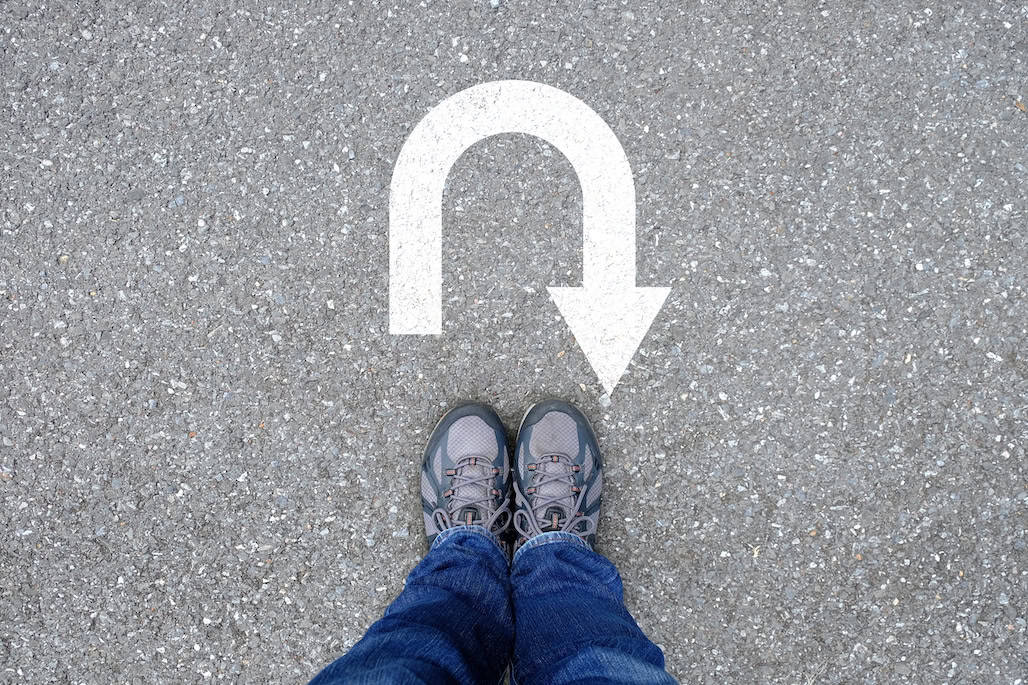CRAFT: An Alternative to Addiction “Intervention”
Posted on July 24, 2013
By: Tom Brown, Ph.D.
CRAFT (Community Reinforcement and Family Training) is a non-confrontational approach to getting a loved one to enter addiction treatment. It is an approach designed for the concerned other (spouse, family member, friend), who is seeking assistance in getting their loved one help. CRAFT can also help the person you are concerned about reduce their substance use, even without their direct cooperation. CRAFT is successful in getting people into treatment by a three to one margin over traditional intervention strategies.
CRAFT is motivational rather than confrontational. Concerned Significant Others (CSO) learn how to motivate loved ones to change, by rewarding sober activities and discouraging activities that include drugs or alcohol. The motivational approach to ...
full story










